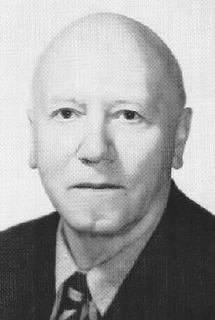A Quote by George Eliot
Plain women he regarded as he did the other severe facts of life, to be faced with philosophy and investigated by science.
Related Quotes
But concerning vision alone is a separate science formed among philosophers, namely, optics, and not concerning any other sense ... It is possible that some other science may be more useful, but no other science has so much sweetness and beauty of utility. Therefore it is the flower of the whole of philosophy and through it, and not without it, can the other sciences be known.
My position is a naturalistic one; I see philosophy not as an a priori propaedeutic or groundwork for science, but as continuous with science. I see philosophy and science as in the same boat--a boat which, to revert to Neurath's figure as I so often do, we can rebuild only at sea while staying afloat in it. There is no external vantage point, no first philosophy.







































